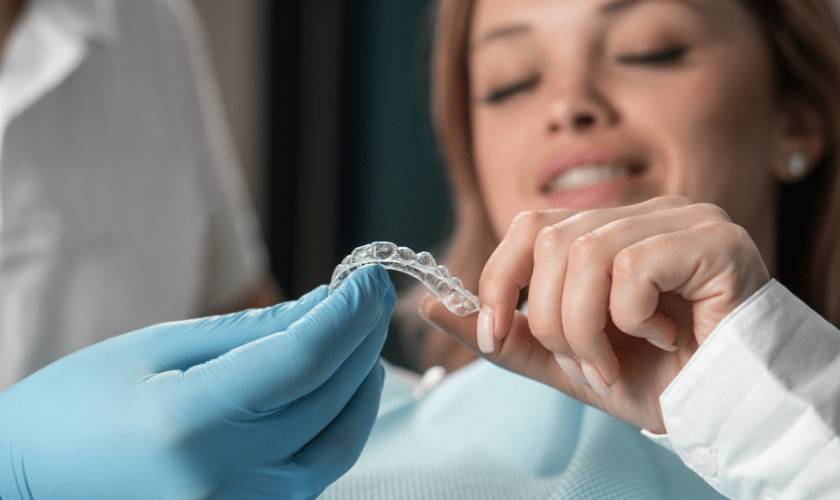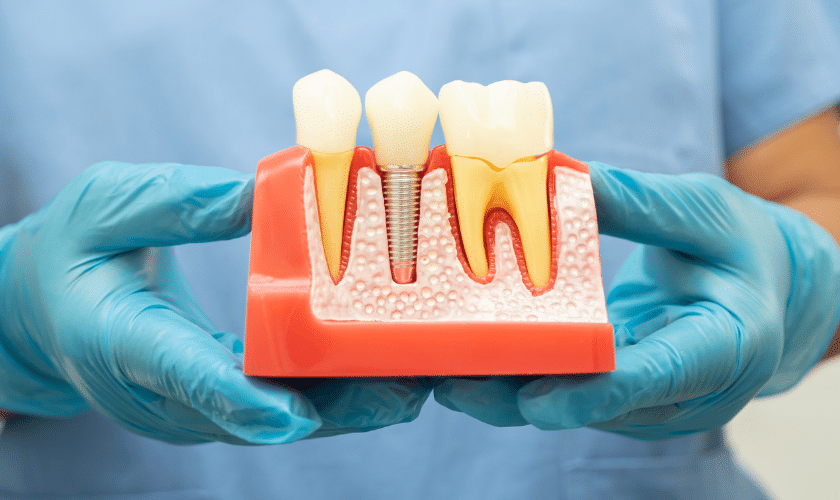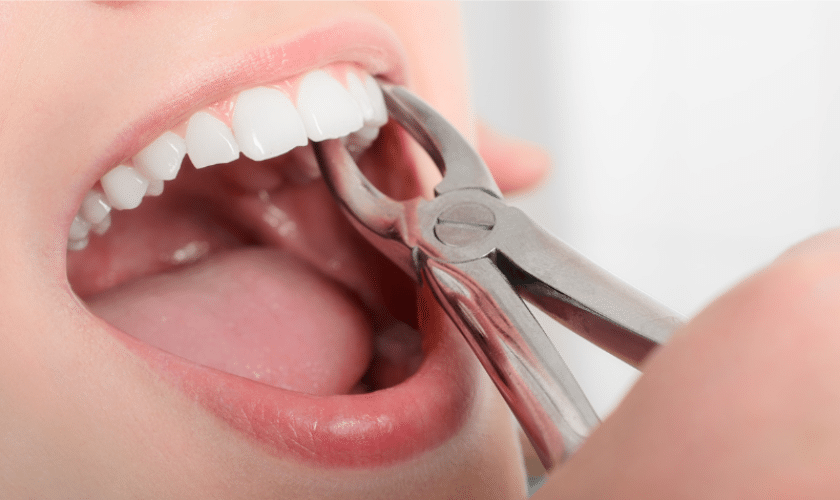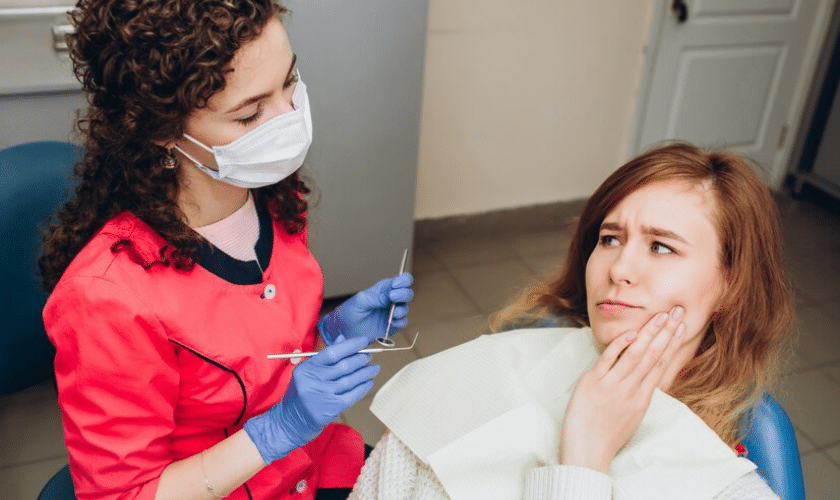In the realm of modern dentistry, Invisalign has emerged as a game-changer. Beyond its primary function of straightening teeth, this innovative orthodontic treatment offers a plethora of surprising benefits for your dental health. Let’s delve into the seven unexpected advantages that make Invisalign a remarkable choice for enhancing not just your smile, but your overall oral well-being.
Enhanced Comfort
Say goodbye to the discomfort associated with traditional braces. Unlike metal braces that can irritate the gums and cheeks, Invisalign aligners are custom-made from smooth, BPA-free plastic. This ensures a comfortable fit, allowing you to go about your daily activities without the irritation of bulky brackets and wires.
Improved Oral Hygiene
Maintaining optimal oral hygiene is essential for overall dental health. With Invisalign, keeping your teeth clean is a breeze. Unlike traditional braces, which often trap food particles and make brushing and flossing challenging, these aligners offer a solution as they are easily removable. Simply take them out before meals and snacks, then brush and floss as usual. This reduces the risk of plaque buildup, cavities, and gum disease.
No Dietary Restrictions
One of the most surprising benefits of Invisalign is the absence of dietary restrictions. Unlike traditional braces, which require avoiding certain foods that can damage the brackets and wires, Invisalign allows you to enjoy all your favorite foods without worry. Simply remove the aligners before eating, indulge in your favorite meals, and pop them back in afterward for seamless treatment progress.
Protection Against Teeth Grinding
Teeth grinding, also known as bruxism, can wreak havoc on your dental health. Invisalign aligners can serve as a protective barrier against this damaging habit. The aligners provide a cushioning effect, helping to alleviate pressure on the teeth and prevent wear and tear caused by grinding. This not only protects your teeth but also promotes better sleep and overall well-being.
Treatment Customization
No two smiles are alike, which is why personalized treatment is essential for optimal results. Invisalign offers unparalleled customization, allowing your dentist to tailor the treatment plan to your specific needs. Advanced imaging technology enables precise measurements and simulations, ensuring that each aligner is designed to gradually shift your teeth into the desired position for a perfectly aligned smile.
Improved Confidence
A confident smile can have a transformative effect on your life, boosting self-esteem and leaving a lasting impression. Invisalign not only straightens your teeth but also enhances your confidence throughout the treatment process. The discreet aligners blend seamlessly into your smile, giving you the confidence to express freely without worrying about your appearance. Whether you’re laughing, speaking, or smiling, they remain virtually invisible, ensuring you feel at ease throughout your journey.
Overall Health Benefits
Believe it or not, the benefits of Invisalign extend beyond just dental health. Straighter teeth are easier to clean and less prone to decay and gum disease, which can contribute to better overall health. Additionally, proper alignment can alleviate issues such as jaw pain, headaches, and even improve digestion by ensuring proper chewing function.
In conclusion, Invisalign offers far more than just a cosmetic solution for achieving a straighter smile. From enhanced comfort and improved oral hygiene to protection against teeth grinding and overall health benefits, the advantages of Invisalign are truly remarkable. If you’re considering orthodontic treatment, consult with an Oak Park dentist to discover how Invisalign can revolutionize your dental health and transform your smile.




